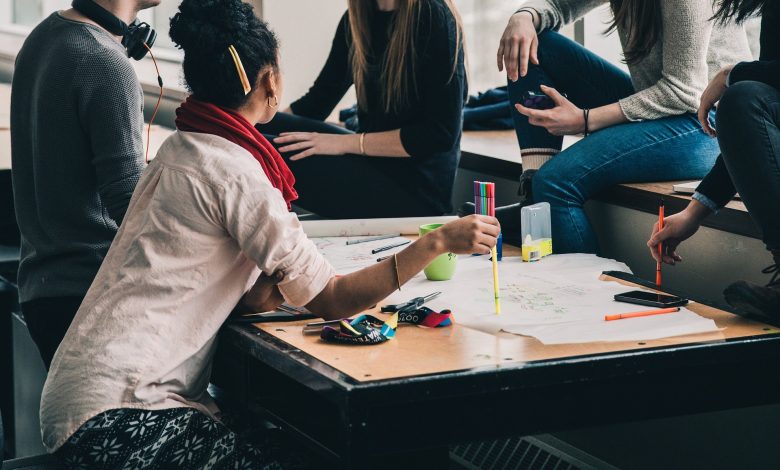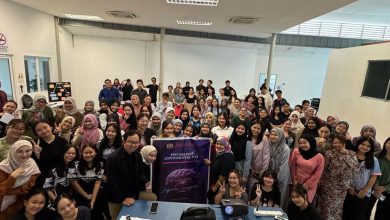Urgent calls to end compulsory unpaid internships as students forced to quit due to cost of living
Australia’s students ‘burnt out and disillusioned’ in vocational degrees, with hundreds of hours of unpaid work leading to high dropout rates

Academics are calling for students to be compensated for compulsory internships to stem high dropout rates amid a cost-of-living crisis.
Ruby, a masters student in social work at RMIT, is required to complete 1,000 hours of unpaid internships to complete her degree – equating to around six months of full-time work.
She said in the current economic climate, the situation was almost impossible.
“It’s not realistic,” she said. “You’re going to class and doing essays while on placement and working … people really suffer and have breakdowns.
“Many of my peers are struggling. People who didn’t go part-time were completely burnt out and disillusioned and have to go into the workforce enthusiastic when they’re already exhausted.
“A lot of them come from low socioeconomic backgrounds, their family don’t have thousands to loan and they think ‘maybe I’ll just quit’.”
Social work is among a range of vocational degrees including nursing, teaching, counselling and psychology that require hundreds of hours of mandatory unpaid placements.
Under the Fair Work Act, students completing vocational placements aren’t considered employees and therefore aren’t entitled to minimum wage or other benefits.
Experts say the lengthy, unpaid requirements were forcing students to drop out or move to part-time.
About 62% of domestic students complete bachelor degrees within six years of commencing studies, while 9% never return after the first year, research released by the Department of Education this month found.
But early childhood education lags way behind, with the highest first-year dropout rate of any degree. Just 44.4% of students complete bachelor degrees within six years, and 18.2% leave within the year.
In social work, 48.3% of students complete bachelor degrees within six years, and 14.5% don’t return after their first year of studies.
Psychology also falls below the average, with a 56.6% completion rate and 10.2% dropout rate. In nursing, 66.2% of students complete bachelor degrees in six years, and 10.4% drop out after year one.
Find out more : The Guardian




